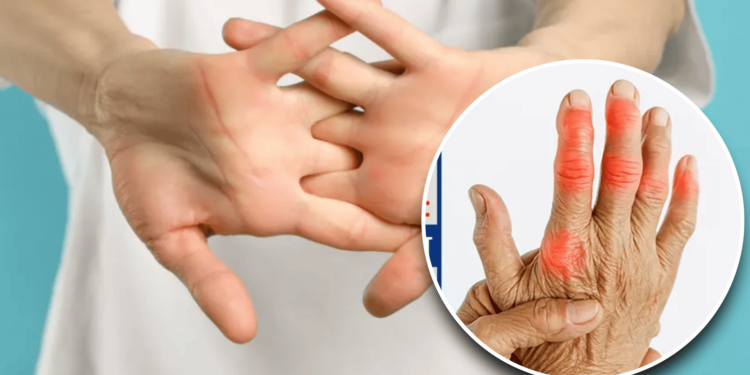For decades, cracking your knuckles was blamed for causing arthritis. The idea stuck around like bad advice, passed from households to clinics without ever being proven. When scientists finally studied it, the evidence pointed elsewhere.
Research shows that knuckle popping comes from gas bubbles forming and collapsing in the joint fluid, creating that distinct sound. The process involves no bone or cartilage damage. One clinical study found that habitual knuckle crackers and non-crackers had the same rates of arthritis. Another experiment observed identical joint health even after decades of daily knuckle cracking.
However, researchers noted smaller side effects. Frequent cracking may lead to temporary swelling and reduced grip strength. Some reports link excessive force to tendon irritation or joint strain, especially when the habit becomes compulsive. While these effects are mild, experts recommend avoiding repetitive or aggressive cracking that puts pressure on the ligaments.
Doctors emphasize that the real causes of arthritis include genetics, joint injury, and aging. Knuckle cracking doesn’t trigger the disease, but it can become a stress response that builds into habit. Therapists say many people do it unconsciously when anxious, treating the sound as relief from tension.
The science is settled on one point. Cracking your knuckles won’t ruin your joints, but overdoing it can still make your hands pay the price.












